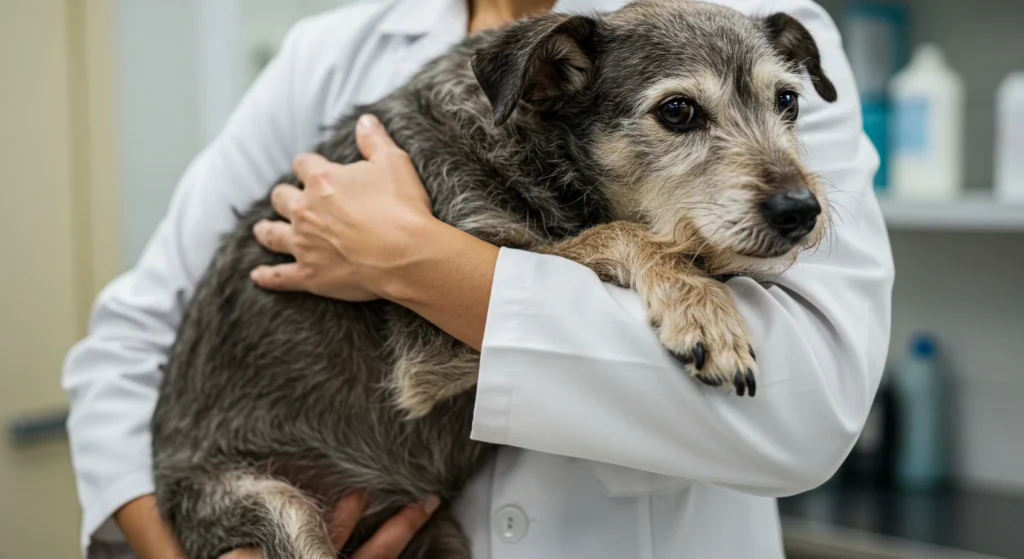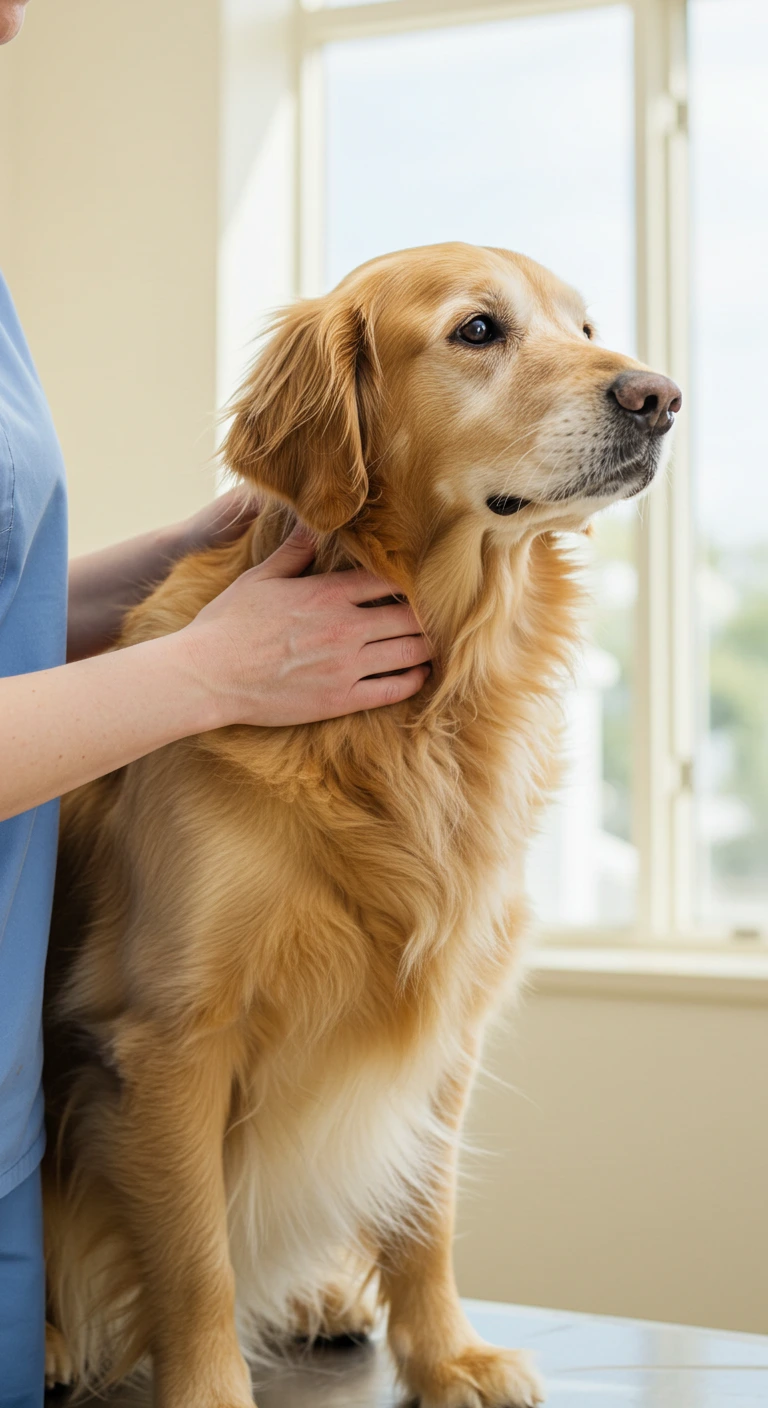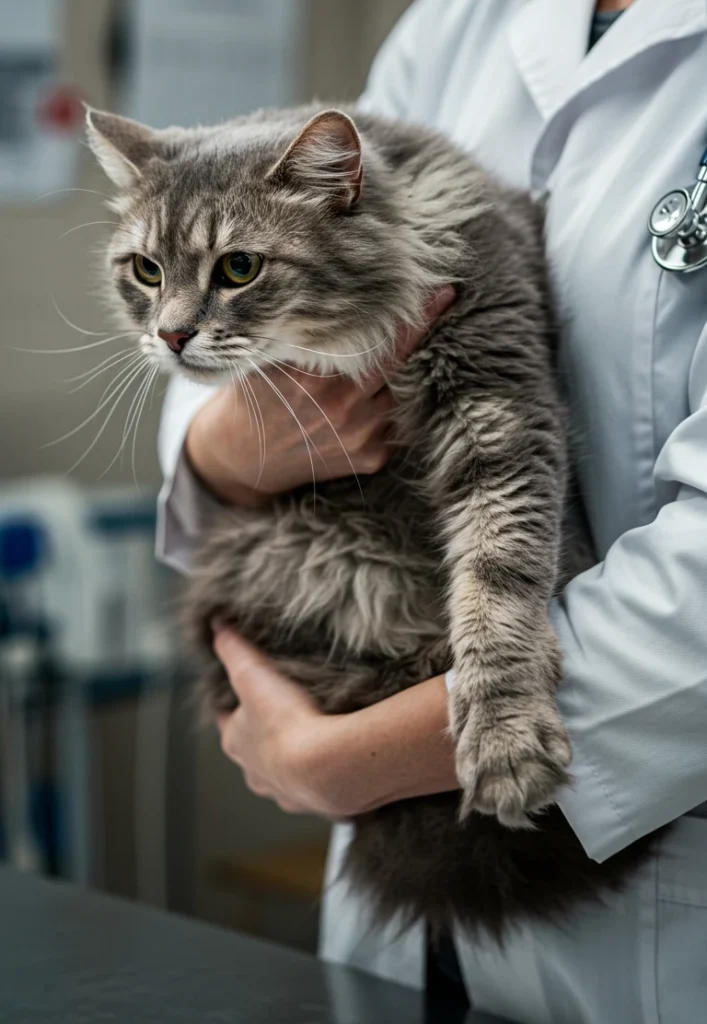

Older pets can still live many healthy years.
Maintaining Senior Pet Health with Semi-Annual Exams
Routine veterinary visits should be a part of any pet’s medical care. These visits to see a veterinarian can have a greater impact as pets enter their senior years. Younger pets typically require annual wellness exams, but senior pets should visit easyvet Katy about every six months. This is necessary because pets age much faster than humans. Health issues can develop rapidly.
Our veterinarians use these semi-annual exams to assess your pet’s mobility, weight, and overall condition. This physical assessment is part of detecting any early signs of aging-related diseases. We will perform needed vaccinations like rabies. Exams will also include screenings to monitor for conditions like heart disease and organ function decline.
As a pet owner, we encourage you to use these opportunities to discuss changes in appetite, behavior, and activity levels. Any changes in your pet’s normal behavior may indicate underlying health concerns. These visits are the perfect time to adjust diets and medications. Please also ask us about lifestyle recommendations to better support your pet’s aging body.


Annual lab testing provides valuable information about your pet’s health.
While our vets recommend that younger pets still have diagnostic lab work performed, it is especially important in older cats and dogs. Senior pets should have at least one full panel per year, and in some cases, testing may be recommended more frequently based on their health status. Routine lab work for senior pets, which is around 7-10+ years, typically includes bloodwork with thyroid testing, urinalysis, heartworm testing, and fecal exams.
By monitoring these key health markers, our veterinary team can detect subtle changes that may indicate early-stage disease, meaning we can enact a timely intervention with better treatment outcomes.
Disease Management in Older Pets
Arthritis:
As pets age, joint stiffness and reduced mobility can impact their daily comfort. We have arthritis pain management solutions and can discuss lifestyle adjustments to improve mobility.
Diabetes:
Senior pets, especially overweight dogs and cats, are at risk for diabetes, which requires dietary management, insulin therapy, and regular monitoring.
Kidney Disease:
Kidney disease can be managed with specific diets and hydration support. Routine diagnostics will be necessary.
Thyroid Disease:
Hypothyroidism and hyperthyroidism can affect your pet’s energy levels and weight. Medication and regular thyroid level monitoring will be part of management.
Chronic Gastrointestinal Issues:
Older pets may experience chronic vomiting, diarrhea, or constipation due to digestive disorders, food sensitivities, or inflammatory conditions. Our team can recommend dietary modifications and medications to regulate digestion.
Staying comfortable with senior pet care in Katy, TX.
come by for a walk-in.
